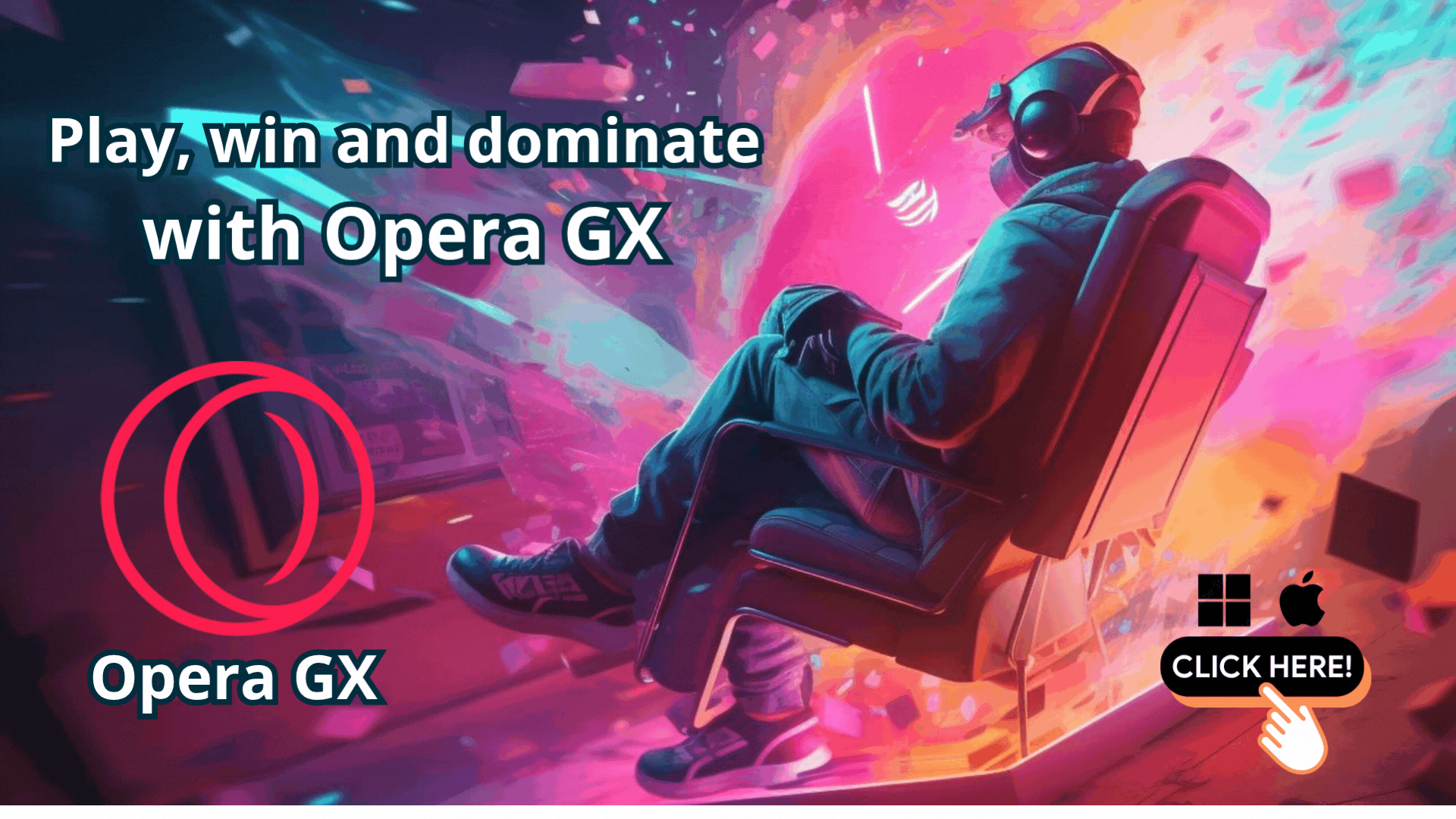In an increasingly connected world, protecting your online privacy has become a top priority. Whether you’re looking to secure your personal data, access geo-restricted content, or simply browse anonymously, a VPN (virtual private network) has become an essential tool. But what exactly is a VPN, how does it work, and why should you consider using one in 2025?
This article gives you all the key information to understand it fully.
A VPN (virtual private network) is a service that creates an encrypted tunnel between your device (computer, smartphone, tablet) and a remote server. This tunnel protects your data from any attempt to spy on you—whether by your internet service provider, hackers, or even certain governments.
When you activate a VPN:
-
Your real ip address is hidden
-
Your internet traffic is encrypted
-
You can simulate your geographic location (helpful for unlocking content)
Main benefits of a VPN
1. Enhanced security on public networks
Do you often connect to Wi-Fi in cafés, airports, or hotels? These networks are prime targets for hackers. With a VPN, your data (passwords, emails, banking info) stays encrypted and inaccessible.
2. Access to geo-restricted content
Want to watch Netflix US, BBC iPlayer, or region-specific websites? a VPN lets you change your virtual location and bypass geographic restrictions.
3. Anonymous browsing
A VPN hides your IP address and prevents websites, apps, and services from tracking your online activity. Perfect for maintaining your digital privacy.
4. Bypass censorship
In some countries, internet access is restricted or censored. VPNs allow you to get around government censorship and enjoy full internet freedom.
Are there any drawbacks to using a vpn?
Despite the many benefits, VPNs do have a few limitations:
-
Slight reduction in speed (depending on the server)
-
Some platforms detect and block VPN usage
-
Free VPNs can be risky (data resale, intrusive ads)
How to choose the right vpn
Essential criteria:
-
Strict no-logs policy
-
Servers in multiple countries
-
Compatibility with all devices (windows, mac, android, iOs)
-
Fast connection speeds
-
Responsive customer support
Top VPNs recommended in 2025:
-
NordVPN: Great value for money, highly secure
-
ExpressVPN: Ultra-fast, easy to use
-
Surfshark: Ideal for tight budgets (unlimited connections)
Is it legal to use a VPN?
Yes, in most countries, using a vpn is completely legal. However, using it for illegal activities (like downloading copyrighted content without permission) remains punishable by law.
Conclusion
In 2025, protecting your digital life is no longer optional—it’s a necessity. Whether it’s for securing your connections, unlocking content, or maintaining anonymity, a VPN is one of the most effective tools available. If you haven’t already, now is the time to get one. Choose a trustworthy service, avoid shady free VPNs, and take back control of your online experience.
Final Tip
Install a VPN extension on your browser for one-click protection while surfing the web.

